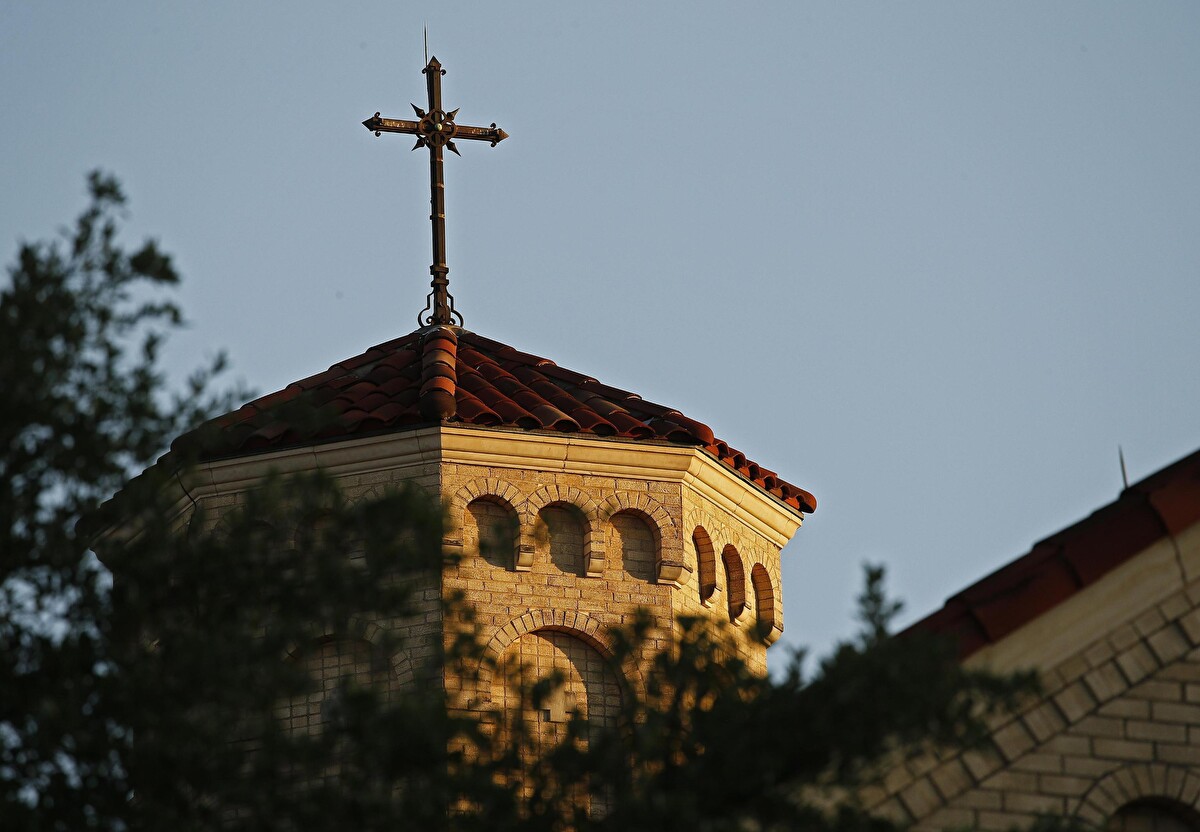Moscow, Kyiv, and Washington reached a deal to ensure safe passage through the Black Sea, the White House announced Tuesday. The agreement follows more than 24 hours of parallel “technical” talks in Riyadh involving Russian and Ukrainian delegations.
“The United States will help restore Russia’s access to the world market for agricultural and fertilizer exports, lower maritime insurance costs, and enhance access to ports and payment systems for such transactions,” the statement said.
Washington and Moscow also agreed to implement a deal between President Donald J. Trump and President Vladimir Putin “to ban strikes against energy facilities of Russia and Ukraine”.
“The United States and Russia will continue working toward achieving a durable and lasting peace. The United States reiterated President Donald J. Trump’s imperative that the killing on both sides of the Russia-Ukraine conflict must stop, as the necessary step toward achieving an enduring peace settlement,” the document reads.
Moscow hasn’t issued any declaration as of Tuesday afternoon. A joint declaration was expected Tuesday afternoon, but Kremlin spokesperson Dmitry Peskov dismissed the idea. “We’re discussing technical matters (…) so naturally, the content won’t be made public,” he said. Talks will continue, Peskov added, but there’s “nothing concrete” for now, and no trilateral meeting is planned.
Some in Moscow blamed Kyiv for derailing a near-complete deal. “It’s telling they negotiated for 12 hours and seemed to finalize a document, only for Ukraine to block it,” Russian Senator Vladimir Chizhov said sarcastically on state television.
U.S.-Russia talks on Monday had centered on reviving the Black Sea grain deal, originally brokered by Turkey and the United Nations in July 2022. The agreement established a secure corridor for Ukrainian grain exports and eased restrictions on Russian fertilizer shipments to avert a global food crisis.
Moscow pulled out in July 2023, citing Western non-compliance. Now, Russian Foreign Minister Sergei Lavrov demands “clear guarantees” of security and compliance with Russian conditions before returning to negotiations.
Lavrov, speaking via the Interfax news agency, said those guarantees “can only come from Washington directing Zelensky and his team.” He argued that “only Washington can stop terrorist attacks, end strikes on civilian infrastructure, and halt damage to non-military energy sites.” “We cannot trust Zelensky’s word,” he added.
Washington is pushing for a limited ceasefire to protect Ukrainian energy and port infrastructure, prime targets of Russian attacks. Ukrainian sources said Kyiv’s separate talks with U.S. officials — held a day before the U.S.-Russia meeting — focused on securing the ports of Odesa, Mykolaiv, and Kherson, the latter still heavily affected by frontline fighting.
The U.S. delegation at Monday’s talks included White House National Security Council Director Andrew Peek and senior State Department official Michael Anton, Reuters reported. Russia’s delegation included Grigory Karasin, chair of the Federation Council’s International Affairs Committee, and Sergei Beseda, an adviser to FSB Director Alexander Bortnikov.
Significant divides remain. Moscow insists Ukraine must abandon its NATO ambitions and Western countries must stop military aid. Zelensky, meanwhile, demands a neutral third party oversee any ceasefire — though Beijing has ruled itself out, citing ties to Moscow.
The U.S. and Ukraine initially backed a broader 30-day ceasefire, but the Kremlin narrowed this to a 30-day halt on strikes against Ukrainian energy infrastructure after a Trump-Putin phone call. Kyiv, however, says Russia continued targeting civilian sites.
On the battlefield, Ukrainian forces recently advanced near Demidovka, on the northwestern edge of Russia’s Belgorod region, following sustained attacks, according to the Institute for the Study of War. Kyiv’s troops also hit nearby bridges, including those at Grafovka and Nadezhevka, aiming to disrupt Russian logistics. Moscow responded by deploying border troops and special forces.
Russia’s Defense Ministry reported Ukrainian drone strikes Tuesday targeting civilian energy sites inside Russia. One hit a high-voltage power line connected to the Rostov nuclear power plant, affecting the town of Tikhoretsk in southern Krasnodar. Another strike targeted a gas distribution station in Svatovo, in Russian-occupied Luhansk.
“Zelensky keeps proving he can’t uphold commitments, making external guarantees impossible,” Russia’s Defense Ministry said in a strongly worded statement.
In Ukraine, the toll from a Russian missile strike on Sumy on Monday continued to rise. The regional administration reported 101 injured, including 23 children. The attack leveled residential buildings and a school, forcing emergency evacuations. Overnight, Russia escalated attacks with a wave of ballistic missiles and 139 drones — including attack and decoy drones — hitting multiple regions. Kyiv’s air force reported damage and casualties in at least seven areas.












